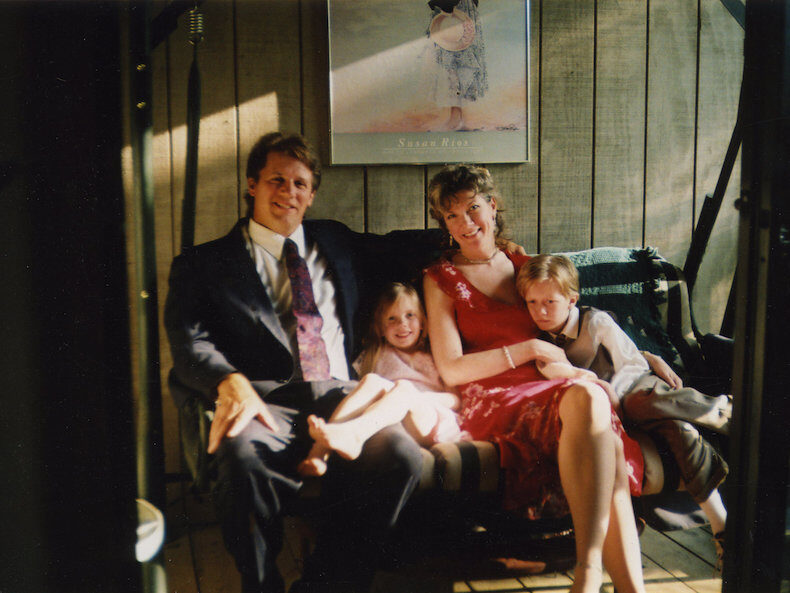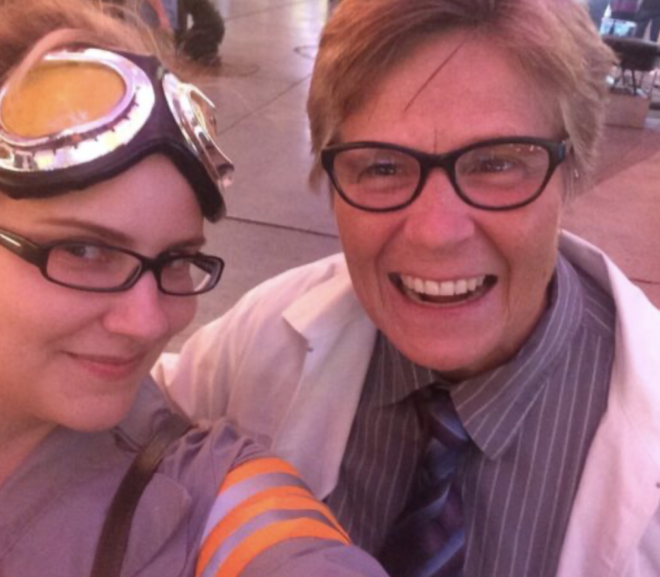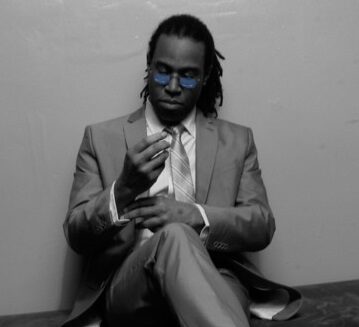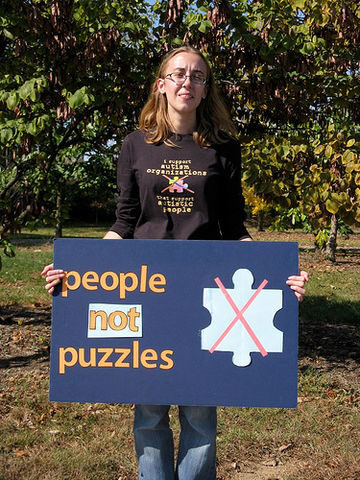At a time when there remains widespread confusion about autism and cannabis and developmental disability, it is imperative that responsible platforms make a more serious effort to educate the public and to more regularly share valid, up-to-date information.
Tag: stigma
One of the families featured in A Dangerous Son (Source: HBO) [image: A white family of four, with two young kids, on a couch together.] Kit Mead kpagination.wordpress.com Content note: Discusses violence and abuse regarding children with mental illness and disability, and the Newtown shootings. I’m not going to watch “A Dangerous Son,” the HBO documentary that tells “a story about families with children who have psychiatric disorders that lead to violent behavior.” I’m going to avoid it mostly because I have already read all of those stories. Again. And again. And again. And I have found them incredibly disturbing each time—on behalf of the children who are being written off and exploited. Especially because, as Mel Baggs points out: Across violent and abusive sets of environments, we—the kids—are the only ones seen as having a violence problem. And those environments are so very often the context for “violent outbursts.” Like…
Why does the media keep letting parents of autistic kids exploit those kids’ most vulnerable moments? Autistic writer Sarah Kurchak talks to her mom Jane about why such stories aren’t parents’ tales to tell, and why Jane will never write about raising Sarah.
Music producer, actor, and writer Michael “Hot Mike” Buckholtz is also an advocate for autistic people, especially those who, like himself, are part of the Black/POC communities. We recently chatted with Mike via email about his background, some specific challenges (and deadly prejudices) Black autistic people face, and ways he thinks younger autistic people of color can empower themselves. You can follow Mike on Twitter at @OfficialHotMike. Mike Buckholtz [image: Black-and-white photo of Mike Buckholtz: a Black man wearing a silver suit, glasses with blue lenses, and pulled-back locs.] TPGA: Can you tell us a bit about your fabulous career in music and entertainment, and whether being autistic has been a factor? Mike Buckholtz: I started out as a Hip Hop music producer for MC Hammer beginning in 1989. Hammer and I met in 1984 in the U.S. NAVY as barracks roommates. MC made a fantastic statement about that time. (I’ll…
This study’s results suggest that if an organization wants to evoke negativity from the public, using puzzle pieces is the way to go. Puzzle pieces evoke negativity. However, if an organization wants to evoke positivity about autism, puzzle-piece imagery is probably not the way to go.
In both cases, the problem is that we don’t ask why people are engaging in this behavior. We just assume there is something deeply wrong with them that we need to fix.
M. Kelter theinvisiblestrings.com Photo by Boudewijn Berends, used under a Creative Commons license [image: head and shoulders of a person wearing glasses backlit by partially-lighted fog and clouds.] When it comes to online discussions about autism issues, I regularly interact with two realms. The first realm is one we’re all familiar with: the day-to-day articles and conversations and debates that take place regarding a wide range of spectrum issues. Causation, research, personal stories, opinions … just the usual autism topics that you come across as you scroll around blogs, and Twitter, and Facebook. The second realm consists of an invisible community. It’s made up of people who are absorbing every discussion, every debate, every article … yet they are not participating, not sharing their own ideas. They’re just there, quietly and attentively taking it all in. This second group is made up of suicidal autistics. This is not just an…
As an autistic, the impression I was left with after reading Steve Silberman’s book NeuroTribes was one of enormous relief. The book not only avoids the usual pitfalls of fear-mongering and stigmatizing language that surround the topic of autism, but actually explains the origins of those pitfalls
Estée Klar www.esteeklar.com I have always found the idea of blaming the autistic child for the deterioration of marriage unfair to autistic people. Yet, when my own marriage ended, I couldn’t help but wonder if any of those ideas behind the eighty per-cent divorce rates and autism might in some way be true. A single mom of an autistic child for several years now, I’ve seen that when relationships fall apart, we begin by looking outside ourselves for the external causes to blame. No matter what the circumstance, illness, disability, death are the certainties of a full life. We make vows for better or for worse, even if most of us want the “better.” Frequent divorce seems to reflect the advent of the re-start button — an impatient, quickly gratified culture with many options at our fingertips, and a waning attention span. It’s perhaps an unforgiving view about what as…







